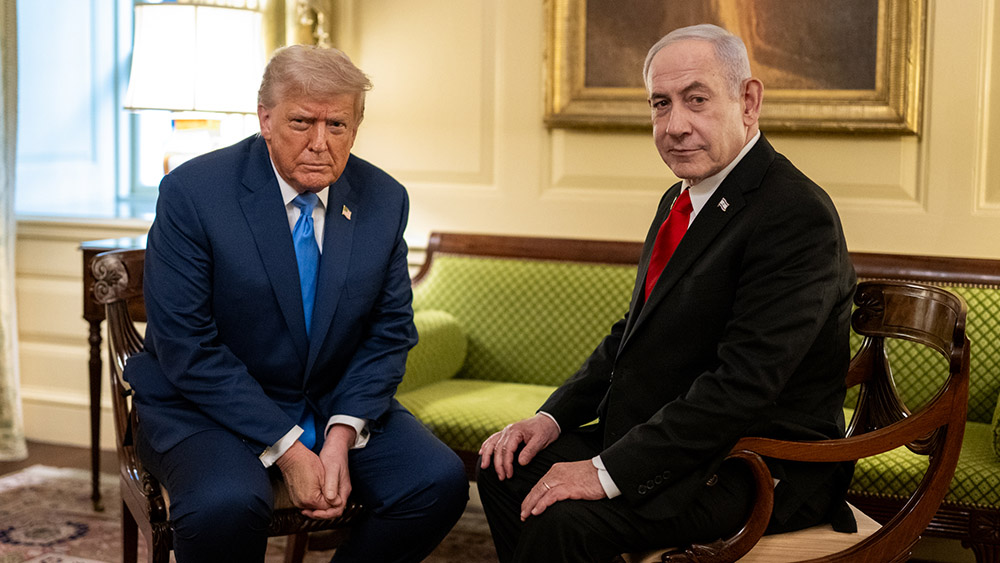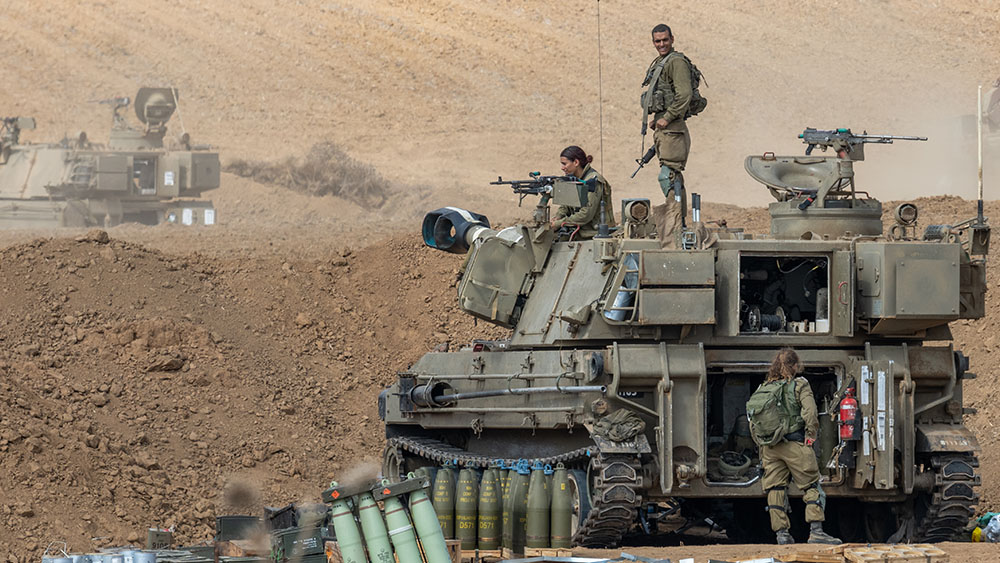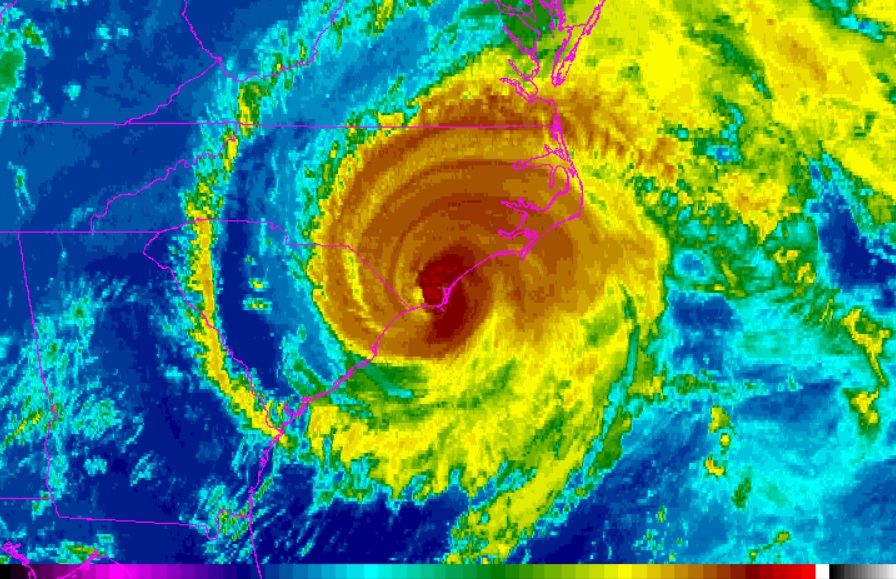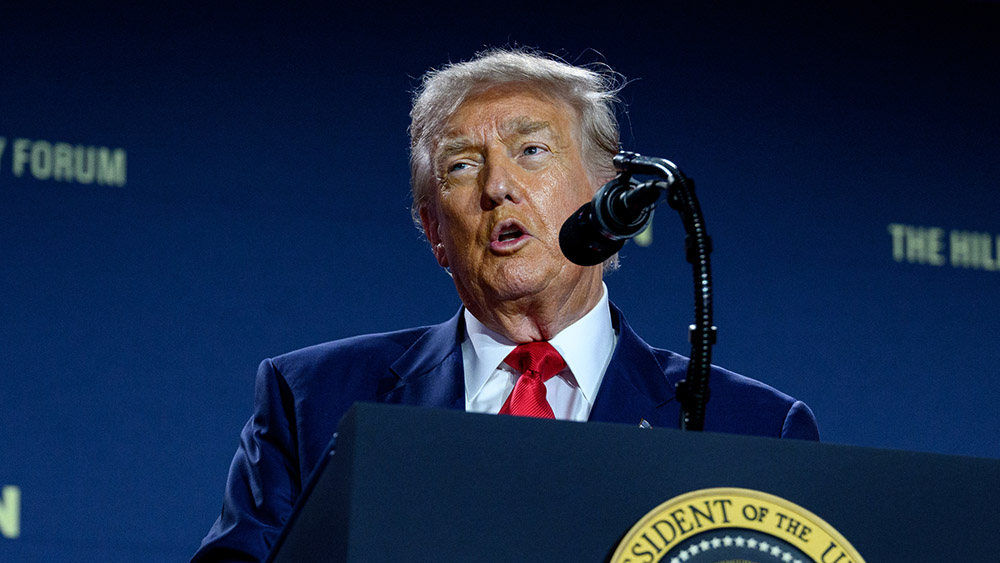 Parler
Parler Gab
Gab
- A fragile Gaza ceasefire is tested by new Israeli airstrikes and Hamas accusations.
- The strikes were a response to an attack that killed two Israeli soldiers.
- President Trump insists the ceasefire remains intact despite the renewed violence.
- A senior U.S. diplomatic team is traveling to the region to salvage the deal.
- Disputes over the return of deceased hostages' bodies further complicate the truce.
A cycle of violence resumes
The immediate catalyst for the renewed violence was an incident in the Rafah area of southern Gaza. The IDF stated that "terrorists fired an anti-tank missile and gunfire toward IDF troops," resulting in the deaths of two soldiers. In response, the Israeli military conducted strikes against what it described as Hamas's "weapons storage facilities, firing posts, [and] terrorist cells," as well as underground infrastructure. A spokesperson for the Palestinian health ministry in Gaza told NBC News that at least 23 people had been killed in the Israeli attacks that day. Hamas, however, denied any involvement in the attack on the Israeli soldiers. A senior official accused Israel of working to “fabricate flimsy pretexts” for its own assault. In a statement, Hamas' government media office claimed Israel had committed 80 violations of the ceasefire since it began, which it said had killed dozens and wounded hundreds.U.S. diplomats urge calm
The Trump administration acknowledged that the path to a lasting peace would be difficult. Vice President JD Vance told reporters that “fits and starts” were to be expected. "Look, it's going to be complicated," Vance said. "Hamas is going to fire on Israel. Israel is going to have to respond. But we think that it has the best chance for a sustainable peace. But even if it does that, it's going to have hills and valleys, and we're going to have to monitor the situation." Amid the rising tensions, a top U.S. diplomatic team is descending on the region. President Trump's special envoy, Steve Witkoff, and his son-in-law, Jared Kushner, were reported to be traveling to Israel. Vice President Vance also confirmed he may visit in the coming days. Their mission is clear: to prevent the ceasefire from completely disintegrating and to push the process toward the next phase, which involves the complex issues of Hamas disarmament and future governance in Gaza. Further complicating the truce are ongoing disputes over the handover of the bodies of deceased hostages. Hamas has yet to return all of the 28 deceased hostages that were in Gaza when the ceasefire began. The group has stated it is unable to immediately locate the remaining bodies due to the widespread destruction, a claim Israel disputes. Jared Kushner, however, offered a different perspective, stating, "As far as we've seen from what’s being conveyed to us from the mediators, they are so far," when asked if Hamas was acting in good faith to find the bodies. The U.S. State Department had previously issued a notice warning of credible reports that Hamas was planning an imminent attack on Palestinian civilians, a charge Hamas rejected as false. For now, the guns have fallen silent again, and reports indicate aid deliveries to Gaza, which were briefly halted by Israel, are set to resume. Nevertheless, the events of the day reveal just how fragile this peace truly is. With hardline elements on both sides, a history of broken agreements, and the immense challenge of locating deceased hostages in a war-torn landscape, the U.S.-brokered deal faces a rocky path ahead. Sources for this article include: TheEpochTimes.com NBCNews.com News.Sky.comTrump warns against Tylenol use during pregnancy, calls for vaccine schedule overhaul
By Belle Carter // Share
Rubio defends Israeli airstrike as accusations of Gaza ceasefire violations mount
By Cassie B. // Share
Netanyahu insists Israel retains full control over security decisions in Gaza
By Belle Carter // Share
U.S. secures rare earths and trade deals in Southeast Asia amid China supply concerns
By Belle Carter // Share
Governments continue to obscure COVID-19 vaccine data amid rising concerns over excess deaths
By patricklewis // Share
Tech giant Microsoft backs EXTINCTION with its support of carbon capture programs
By ramontomeydw // Share
Germany to resume arms exports to Israel despite repeated ceasefire violations
By isabelle // Share









